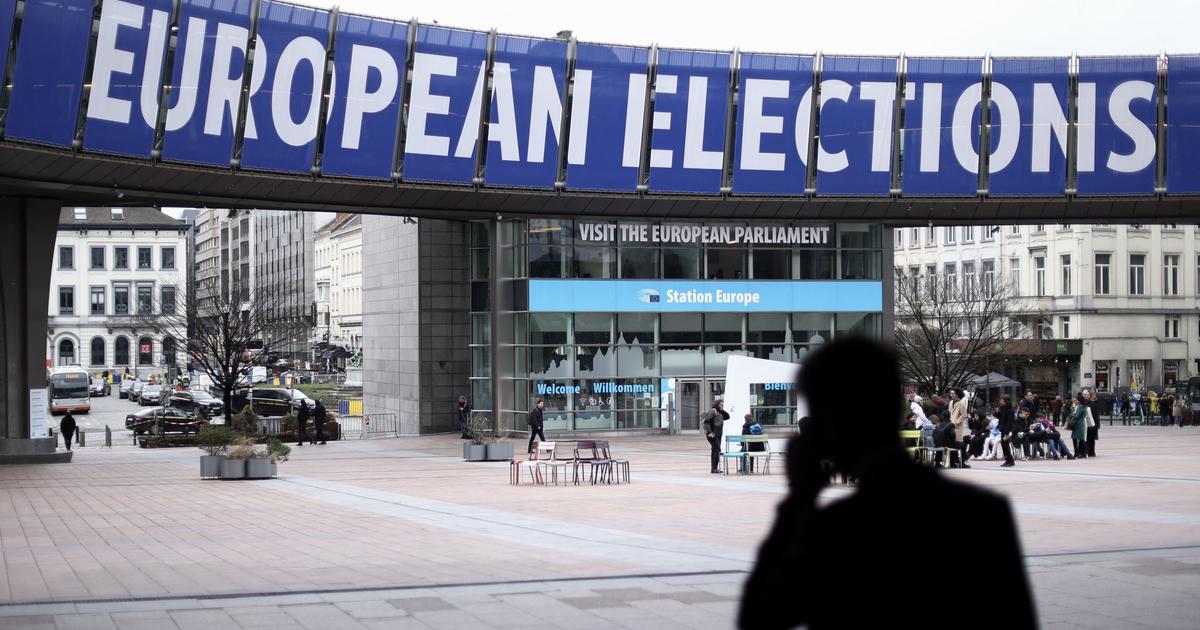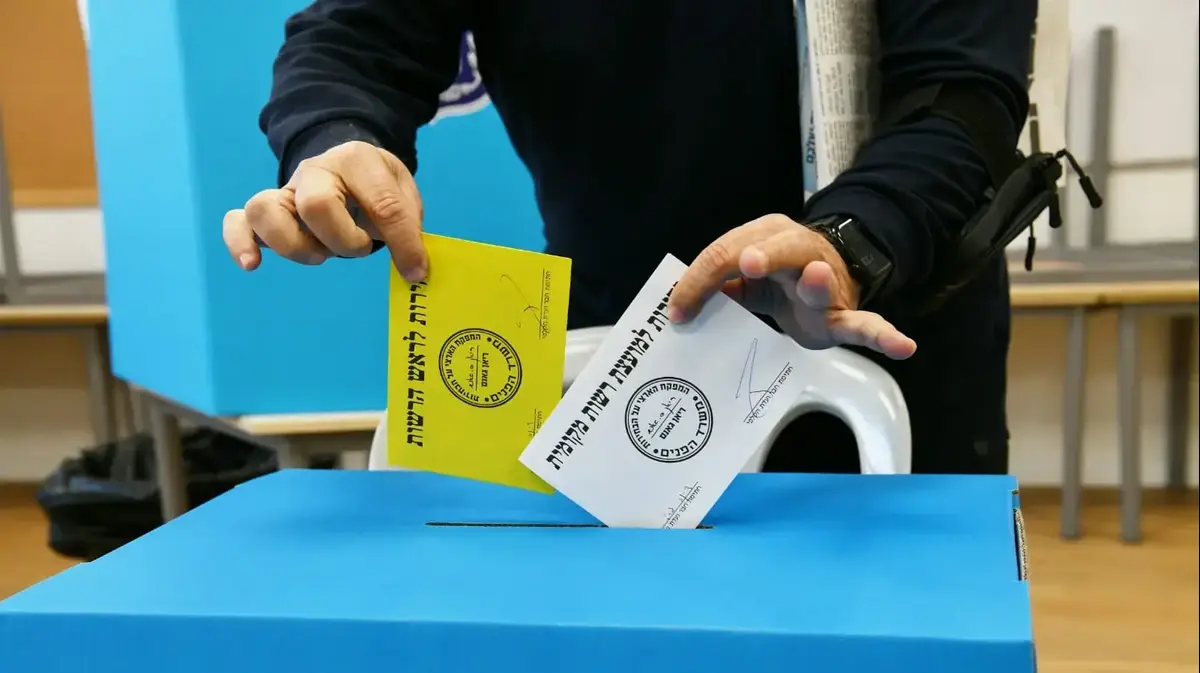The electoral calendar is upset in these times of Covid.
Like last year with the second round of municipal elections, the regional ones were postponed by a few weeks due to the pandemic.
But the campaign is now officially launched, since May 31.
Who are you going to elect?
How will the ballot take place?
How to make a proxy?
All the practical information can be found in this article.
When are regional elections?
The first round of regional elections was held on Sunday June 20 and the second round, as usual, will take place a week later, on Sunday June 27.
The campaign officially began on Monday, May 31.
It ended on June 18 at midnight.
Due to health restrictions and difficulties in defending their candidacy, it was indeed decided to extend the campaign for a week.
Who are we going to elect?
French citizens are called to vote to install 1,758 advisers in the country's regional councils. Remember that the territorial reform, adopted in 2015, reduced the number of French regions, from 22 to 13. Each regional council has its own number of seats. The Ile-de-France regional council, currently chaired by Valérie Pécresse, has for example 209, against 83 for Brittany for example.
These councilors are elected according to a mixed majority voting system, including a dose of proportionality (the list which receives the greatest number of votes in the second round benefits from 25% of additional seats to be filled, to obtain stable majorities).
The ballot concerns very exactly the 12 hexagonal regions.
The case of Corsica, Guyana and Martinique is a bit special, since the voters will form the assemblies of these unique communities, endowed with the powers of a regional council and a departmental council.
Who can vote?
All French citizens over the age of 18 and registered on the electoral rolls can go to the voting booth.
Regional elections, unlike municipal elections, are not open to foreign nationals of other European Union countries.
How does the ballot take place?
These regional elections take place at the same time as the departmental elections, which aim to elect more than 4,000 councilors within the departmental councils.
On voting day, you are therefore asked to vote twice.
Remember that if the lists are regional, they are made up of departmental sections, to ensure the best possible distribution of advisers.
When entering the office, you must respect social distancing.
Hydroalcoholic gel is available.
If a list receives more than 50% of the votes cast, it therefore wins, as we wrote above, a bonus corresponding to 25% of the seats to be filled.
The remaining seats are distributed proportionally among all the lists which obtained at least 5% of the vote, including the one which came first.
If no list obtains an absolute majority, a second round is organized.
This is where triangulars or quadrangulars can appear.
Only the lists which obtained at least 10% of the votes in the first round remain in the running.
It is possible to merge with lists having obtained at least 5% are allowed.
The top list gets a quarter of the seats, and the rest is distributed among the lists that get at least 5% of the vote.
How do proxies work?
This is one of the novelties of this rather special election.
Each voter has the possibility of carrying two proxies, and no longer just one.
The proxy request can be made by clicking on the site maprocuration.gouv.fr.
Once the request is made, you must go to a police station or a gendarmerie in order to validate your identity.
An appointment is not necessary.
What are the skills of the region?
Unlike municipal councils, which are likely to take an interest in any subject of interest to the municipality, the powers of the regional council are limited. If candidates often try to make security a campaign issue, the region's competences are however limited to economic and educational considerations. Thus, they are in charge of high schools, but also of non-urban transport or vocational training. They are administered freely, within the limits of the exercise of regulatory power alone.















